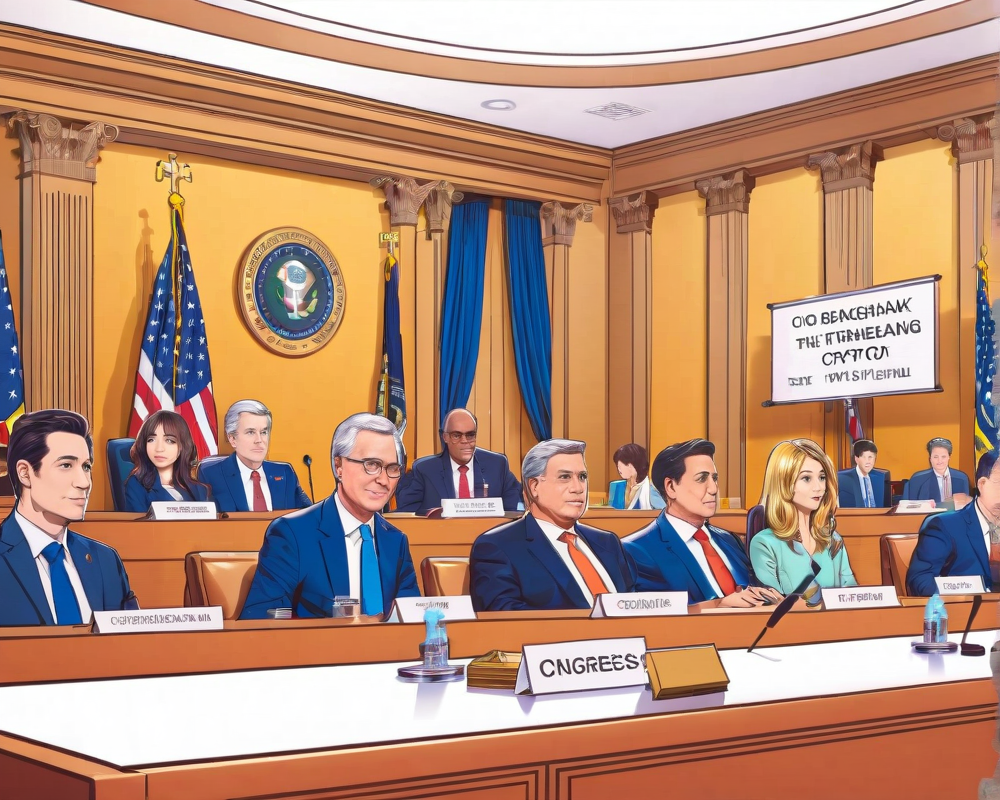Understanding the SEC’s Objection
The U.S. Securities and Exchange Commission (SEC) has entered the courtroom like a bouncer at an exclusive nightclub, pushing away Ripple (XRP) holders and attorney John E. Deaton from lending their support in the ongoing legal fray. On the 7th of June, the SEC filed an official objection, raising concerns over the addition of 1,746 XRP holders as “amici curiae,” or friends of the court, in support of Ripple’s defense.
What Are ‘Amici Curiae’ Anyway?
Before we dive deeper into this legal quagmire, let’s unpack what amici curiae really means. Essentially, these are individuals or entities that aren’t directly involved in a case but offer valuable insights or information to the court. Think of them as the well-informed spectators shouting advice from the bleachers—except they actually get to contribute.
Deaton’s Position
Attorney John E. Deaton has gathered over 3,252 affidavits from XRP holders who feel personally victimized by the SEC’s lawsuit. The affidavits assert that the signers purchased XRP not with dreams of becoming rich overnight, but rather for its utility as a digital asset. Some claim they had no idea they were breaking any legal rules—that they were just looking to dabble in the exciting world of cryptocurrency!
SEC’s Counterarguments
However, the SEC isn’t biting. They argue that the XRP holders are trying to stray from the strict legal discussions at hand. A spokesperson from the SEC claimed, “Movants do not propose briefing on legal issues; instead, they wish to present arguments based on affidavits.” Furthermore, they reference a past incident where Deaton, in a fit of frustration, mentioned slapping former SEC Chairman Jay Clayton—now there’s a courtroom drama for you!
Deadlines and Replies
The ball is in Ripple’s court now. Deaton and the XRP holders have until July 25 to respond publicly to the SEC’s objections. It’s a classic back-and-forth we’ve come to expect in legal escapades like this—a bit like ping pong, but with much larger stakes and a less forgiving audience.
Deaton Challenges SEC’s Inconsistencies
In a twist of irony, Deaton has pointed out that the SEC’s application of the law could be seen as inconsistent. If, as the SEC claims, XRP is indeed a security, then why hasn’t the agency slapped an injunction on Ripple or its key players, including cofounder Jed McCaleb, who has sold off billions of XRP since leaving the company? McCaleb appears to be playing by a different set of rules, which raises a few eyebrows.
The Stakes are High
The ruling from this case could have momentous implications, not just for Ripple but for the entire cryptocurrency market. A ruling in favor of the SEC could unleash a torrent of regulatory scrutiny on other crypto projects that have also sold tokens. So, while the courtroom drama unfolds, all eyes are on the judge to determine whether XRP is a security or just a misunderstood digital asset seeking its place in the sun.




